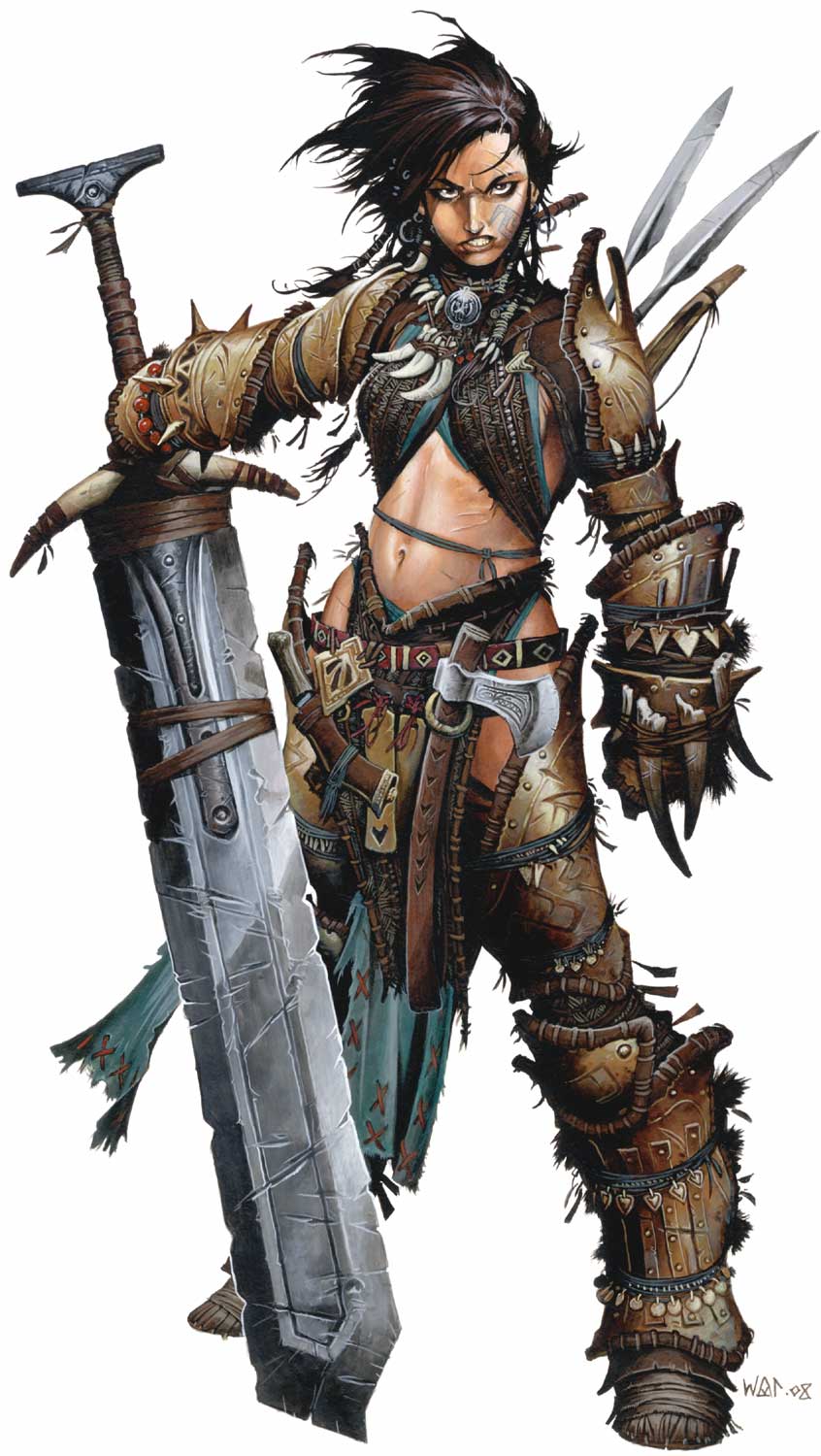On a Comment on Historical Clarity
I don't intend to offend people. But I firmly believe, that the burden of a free, cogent, citizen is not to be protected from offense, but instead to be able to hear ideas that are not his own and engage with them. Note, that I very literally mean what I say, I am discussing either my taste (which is not subject to debate) or factual statements (which are). This is about yesterday's post, which discusses how modern systems are about wish fulfillment and how old school gaming wasn't.Jeremy Murphy made a comment that provides remarkable clarity to yesterday's post. He says:
 "It's so nice to see that the lovely spirit of "you're playing it wrong" which so pervades the "OSR" is still alive and strong.
"It's so nice to see that the lovely spirit of "you're playing it wrong" which so pervades the "OSR" is still alive and strong. Please, by all means try to convince yourself that your imaginary elf is somehow superior to another imaginary elf. And do your level best to convince yourself that you aren't in to codified make-believe for wish fulfillment.
This sort of commentary is *exactly* why people are shaking their heads at "angry grognards". Wait... were you being sarcastic?"
I think this could not be a better opportunity to clarify what I mean.
Jeremy's argument, as I understand it, is that there is no type of wrong fun -- That there is no wrong way to play the game, as long as people are having fun.
This, obviously, patently, is false. There are wrong ways to play chess. There are ways of playing games that remove gameplay. There are ways of approaching a game with preconceptions about 'honorable play' or what play 'should be' like, covered extensively by Sirlin's Scrub Theory. There are ways of having fun like smoking crack or teasing the developmentally disabled. Clearly there are ways to play inappropriately.
The thing is, when I sit down to play Dungeons & Dragons, I am not doing anything not proscribed mechanically. I am playing a game. I play it by the rules. When I play games such as poker, Dungeons and Dragons, or chess, I screw around. I talk in funny voices and have a good time with my friends. This is not the play of the game.
There is one way to make a pathfinder character. Some options are selected and then the character is made with that. There are mechanical techniques for generating characters and handling combat in 4th edition.
If you decide to add something in the game and have it affect the game that there isn't a mechanical system for because you feel you 'should' or it seems like a good idea; then D&D is well structured to take that into account. However it is not playing the way the game is designed.
What I am saying, in yesterday's post is that the gameplay in a 0e, B/X, or even 1e, game is about gathering information and making choices. And that style of gameplay has nothing to do with wish fulfillment. It has to do with making decisions or accepting the consequences of your good or poor judgement.
For me, a person who is an adult with a job, family, and active life, it is a very satisfying and engaging way to play. I am empowered, both by being successful in the game and by knowing that if I fail in the game, it is because I have made a bad decision. It is a beacon of choices that have meaning in my life. A place where my choice matters, unlike the drudgery of the office, or shopping market, or thousands of other disempowering systems and structures of control we are exposed to in our daily lives.
4e, and to a lesser extent Pathfinder is not about that. Those games are about creating a powerful build and making good tactical decisions in combat. This can be fun, but in my opinion pales in comparison to the first type of play. My choices are constrained to which squares do I move to in combat? What combat actions do I take? And the consequences of those are statistically predictable ones, to the point where I know the break-point of when using [Power Attack] is mathematically more beneficial.
Of course I am aware of how Pathfinder and 4e support exploration and some of the similar decision-making processes in old-style games, but they do so in a mechanically slanted, character build focused way. At best it is less about your plan, and more about taking actions that target statistical likelihoods, because even if you search in the right place, you can still fail your roll.
Are their ways of working around this? Of course, but that is rule 0 and cannot excuse what is actually written in the rules.
So I can say that yes, if you want to talk about all the cool powers your elf has, than 'what powers you have' is about wish-fulfillment.
And I don't desire wish-fulfillment, because I am not a teenager. I am empowered and in charge of my life. What I seek is that my choices have meaning. What I seek is accountability. What I seek is adventure.
Not to move four squares and activate my daily that buffs my friend.


0 komentar: